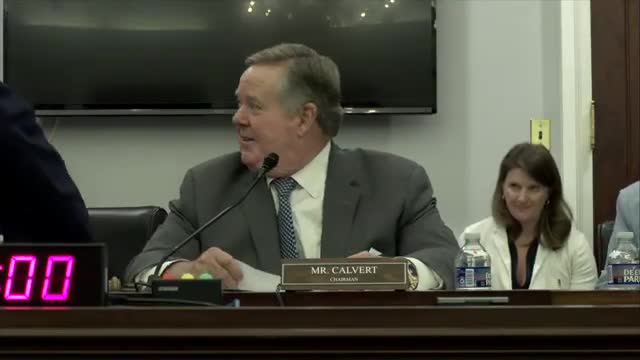Article not found
This article is no longer available. But don't worry—we've gathered other articles that discuss the same topic.
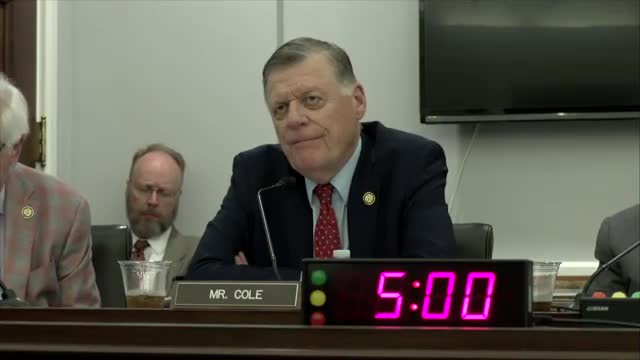
Appropriators, Air Force discuss industrial base, additive manufacturing and supply‑chain brittleness
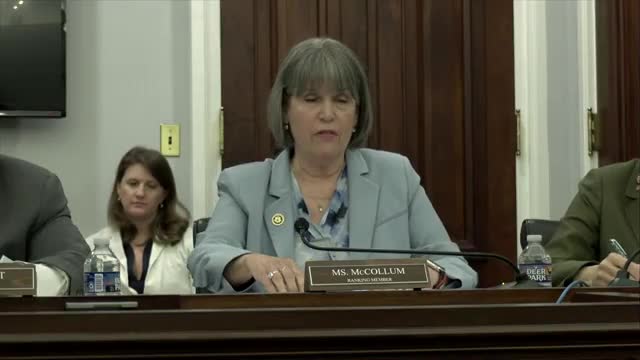
Members warn civilian cuts risk acquisition and readiness as DOD hiring freezes continue
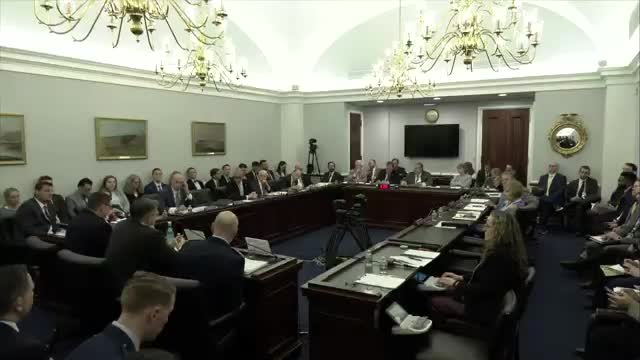
Space Force officials tell appropriators they need steady funds to build resilient constellations and counterspace capacity
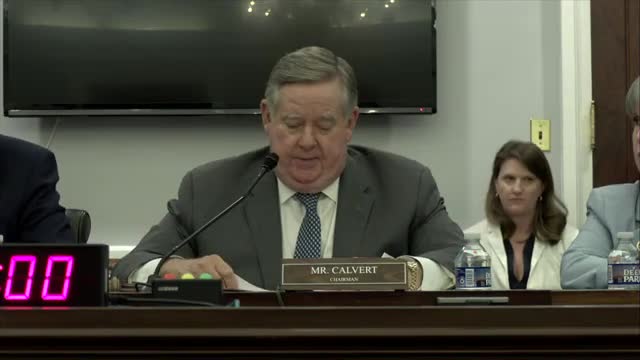
Lawmakers seek clarity on 'Golden Dome' homeland defense concept from Air Force leaders
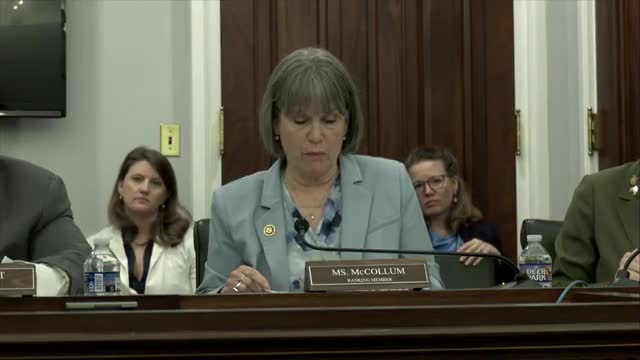
Appropriators press Air Force and Space Force on acquisition problems, from Sentinel to F‑47
